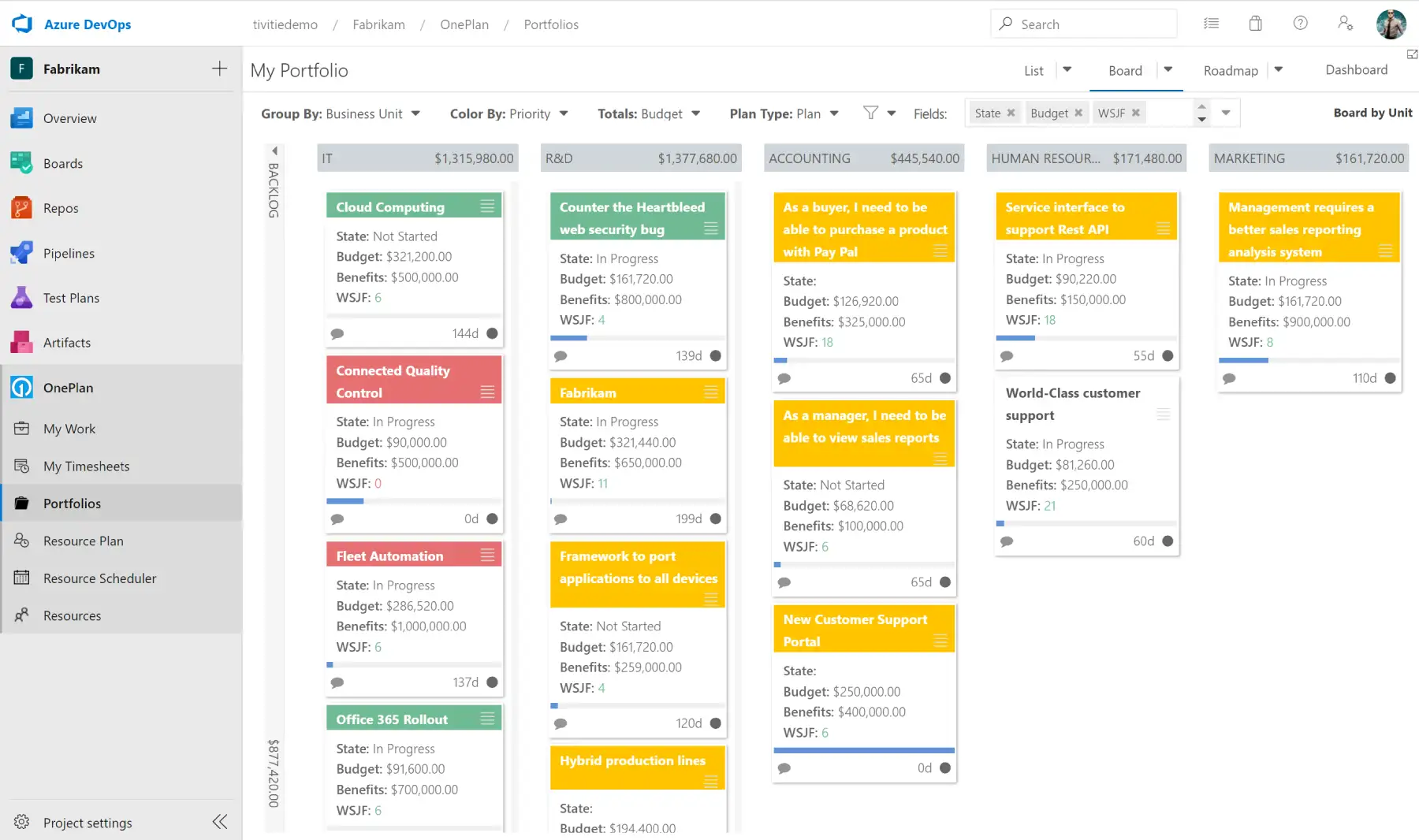Agile project management is a dynamic approach to project execution that emphasizes adaptability, collaboration, and customer-centricity. It is particularly well-suited for projects in industries with rapidly changing requirements and evolving customer needs. In this portfolio, we explore the key principles, benefits, and real-world applications of Agile project management.
Key Principles of Agile:
- Iterative Development: Agile projects are broken into small, manageable increments known as iterations or sprints, each producing a potentially shippable product increment.
- Customer Collaboration: Continuous collaboration with stakeholders, including customers, ensures that project outcomes align with their evolving needs and expectations.
- Adaptive Planning: Agile embraces changing requirements and adapts project plans and priorities as new information emerges.
- Cross-Functional Teams: Self-organizing, cross-functional teams work collaboratively to deliver value, combining diverse skills and expertise.
- Continuous Feedback: Regular feedback loops, such as retrospectives and reviews, drive continuous improvement and course correction.
Benefits of Agile Project Management:
- Faster Delivery: Agile enables quicker product or project delivery through iterative development, reducing time-to-market.
- Enhanced Quality: Frequent testing and feedback loops lead to higher product quality and reduced defects.
- Customer Satisfaction: Regular engagement with customers ensures that their needs are met, enhancing satisfaction and loyalty.
- Adaptability: Agile allows projects to respond quickly to changing requirements and market conditions, reducing risk.
- Improved Collaboration: Cross-functional teams and open communication foster collaboration and innovation.
Applications of Agile:
- Software Development: Agile methodologies like Scrum and Kanban are widely used in software development to improve product quality and responsiveness.
- Product Management: Agile principles can be applied to product development, enabling teams to adapt to changing market demands.
- Marketing Campaigns: Agile marketing involves iterative planning and execution, allowing marketers to respond to audience feedback and trends.
- Construction and Engineering: Agile practices can be applied in construction projects to increase project efficiency and adapt to design changes.
- Healthcare: Agile methods are employed in healthcare IT projects to improve patient management systems and clinical processes.
Success Stories:
- Software Development: A software company adopted Agile methodologies and reduced its time-to-market by 30%, resulting in increased customer satisfaction and revenue.
- Marketing Campaign: An Agile marketing team improved campaign ROI by 20% through iterative testing and quick adjustments.
Why Choose Agile Project Management:
Agile project management empowers organizations to stay competitive in dynamic markets by fostering adaptability, collaboration, and customer-centricity. It is an ideal approach for projects where requirements are subject to change or when the focus is on delivering value quickly and continuously. By embracing Agile, organizations can achieve better project outcomes, higher customer satisfaction, and greater flexibility in an ever-evolving business landscape.




